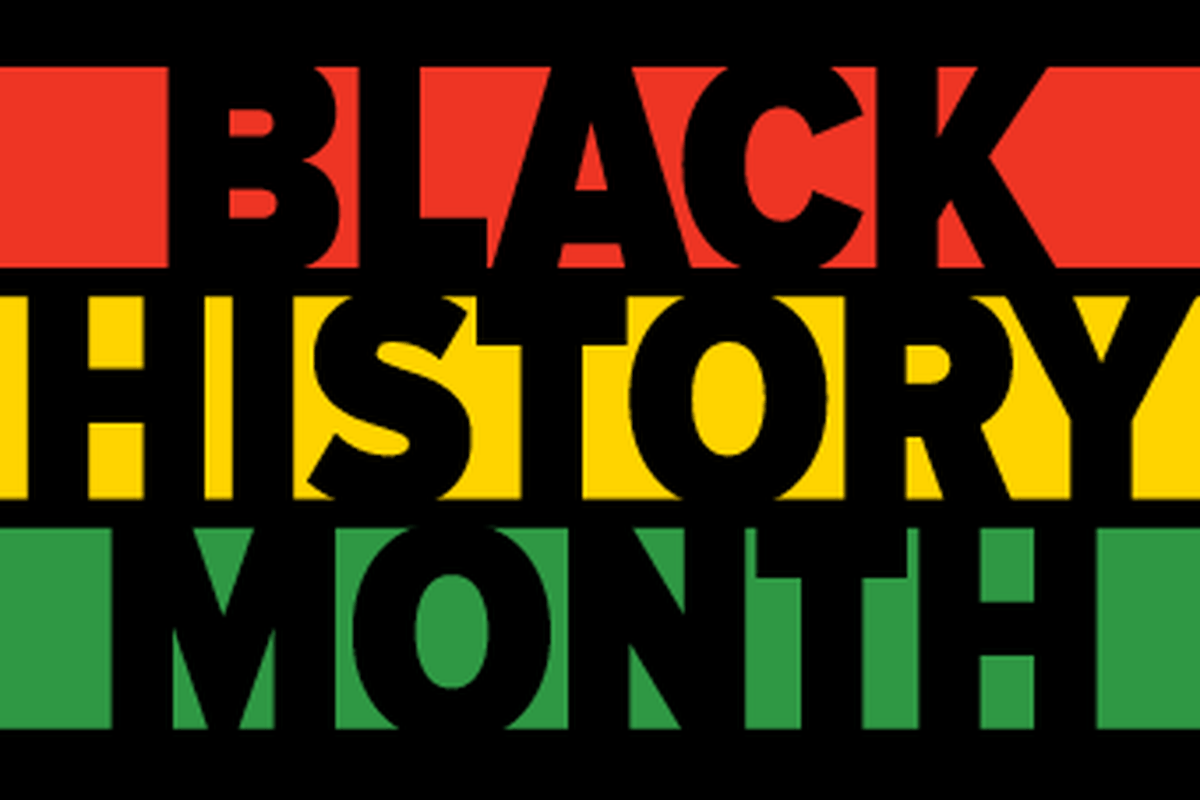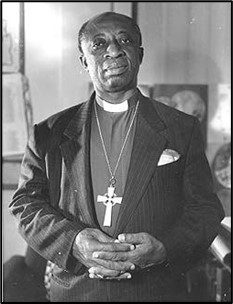

Bishop Wilfred Wood
Bishop of Croydon
Wilfred Denniston Wood is a Bajan British Anglican minister who was Bishop of Croydon from 1985 to 2003. Bishop Wood tirelessly led the charge for Black people to be included in all levels of the Church of England. On becoming a Bishop, he said “It was a big occasion because I was then becoming the first ever black Bishop in the Church of England. At the service at St. Paul’s Cathedral, which holds 2,900 people, there was not enough room, as people had come from all over the world – mostly black people were in attendance – and there were 49 bishops who took part in the service. When my appointment was announced, I received 703 letters of congratulations and well wishes. It was a great day.”
His mission and priority leading a parish in Shepherds Bush in the early 1960s was to support the West Indian community in practical ways as well as spiritual. “When I came from Barbados in 1962, I found that many had drifted away from church connections. The poor living conditions were such that they did not allow for much time for church involvement,” he said. “We formed the Shepherd’s Bush Social Association made up of immigrants. Our letterhead featured suitcases with roots going down from the suitcase and branches going out of it. Making it clear that we were here to stay. We had Saturday schools, evening classes in the church hall and we helped the children after school with their homework. We employed one of our members to support parents in their relationships with the schools. We also founded a credit union for obvious reasons and a steel band,” he recalled.
Throughout his Ministry, Bishop Wood had a strong interest in race relations and social justice in London. Because of this, he was appointed the Bishop of London’s Officer in race relations, also serving on a number of other important boards, from 1978 to 1981. Bishop Wilfred Wood was President of the Royal Philanthropic Society, dedicated to the welfare of young people at risk. He holds honorary doctorates from the Open University, the University of the West Indies and the General Theological Seminary in New York.
His advocacy extended beyond race relations to broader issues of social justice. He was a vocal supporter of initiatives aimed at improving housing, healthcare, and education for the poor and marginalised. His faith compelled him to see these issues as interconnected—the fight for racial justice was part of a larger struggle for the dignity and well-being of all people.
Bishop Wood dedicated his life to faith, service, and the fight for racial justice. His enduring legacy continues to inspire and uplift communities across Britain.